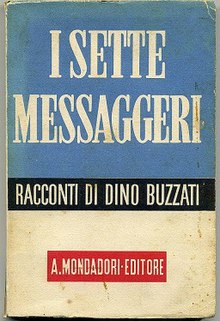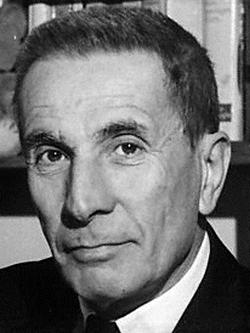
Dino Buzzati-Traverso was an Italian novelist, short story writer, painter and poet, as well as a journalist for Corriere della Sera. His worldwide fame is mostly due to his novel The Tartar Steppe, although he is also known for his well-received collections of short stories.

Renato Terra had a career working in film as an actor, and has appeared in over 80 movies. In 1977 he retired to become a poet.

Italian Folktales is a collection of 200 Italian folktales published in 1956 by Italo Calvino. Calvino began the project in 1954, influenced by Vladimir Propp's Morphology of the Folktale; his intention was to emulate the Straparola in producing a popular collection of Italian fairy tales for the general reader. He did not compile tales from listeners, but made extensive use of the existing work of folklorists; he noted the source of each individual tale, but warned that was merely the version he used.

Giuseppe Avati, better known as Pupi Avati, is an Italian film director, producer, and screenwriter. He is known to horror film fans for his two giallo masterpieces, The House with Laughing Windows (1976) and Zeder (1983).

Paolo Bonacelli is an Italian stage and film actor.
Franco Lucentini was an Italian writer, journalist, translator and editor of anthologies.

Carlo Fruttero was an Italian writer, journalist, translator and editor of anthologies.

Giovanni "Ninetto" Davoli is an Italian actor who became known through his roles in several of Pier Paolo Pasolini's films.

Paolo Stoppa was an Italian actor.
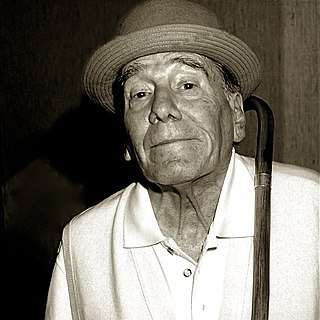
Pietro De Vico was an Italian film actor. He appeared in 70 films between 1948 and 1991. He was married, from 1937 until his death in 1999, to actress Anna Campori.
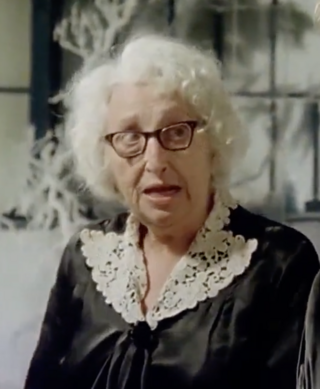
Liana Del Balzo was an Italian film actress. She appeared in 90 films between 1935 and 1979. She was born in Buenos Aires, Argentina, and died in Rome, Italy. Even making her film debut quite late, in her forty, Del Balzo was one of the most active character actresses in the Italian cinema, usually cast in humorous roles. She was also active on stage and in the operetta, in which she met her husband-to-be, the tenor Guido Agnoletti.

Riccardo Fogli is an Italian singer-songwriter.
Stanislao Nievo was an Italian writer, journalist and director. He won the Strega Prize. He was the great grandson of Ippolito Nievo, author of Le confessioni di un italiano.
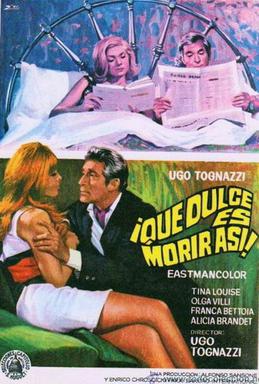
The Seventh Floor is a 1967 Italian comedy film directed by and starring Ugo Tognazzi. It is based on the short story "Sette piani" by Dino Buzzati, featured in the 1942 short story collection The Seven Messengers. The film was entered into the 17th Berlin International Film Festival.

The Cervi Brothers were the seven sons of Alcide Cervi (1875–1970) and Genoeffa Cocconi (1876–1944), born in Campegine, Emilia-Romagna. The brothers and their father became renowned for their activities in the organized resistance to Italian fascism.
Gianlorenzo Baraldi is an Italian costume designer and film producer. He won a Nastro d'Argento for Best Scenography and a David di Donatello for Best Sets and Decorations for the film Il Marchese del Grillo by Mario Monicelli in 1982.

Il colombre is a 1966 short story collection by the Italian writer Dino Buzzati. The titular story introduces a sea monster called the colomber, which became the most famous of Buzzati's monster characters.

Sessanta racconti is a 1958 short story collection by the Italian writer Dino Buzzati. The first 36 stories had been published previously, while the rest were new. Subjects covered include the horror and surreality of life in a modern city, the existential aspects of advanced technology, metaphysical ideas as well as fantasy realms. The book received the Strega Prize.

Giovanni Pellino, best known as Neffa, is an Italian singer, songwriter, rapper, and record producer.
Giorgio Scerbanenco was an Italian crime writer.
